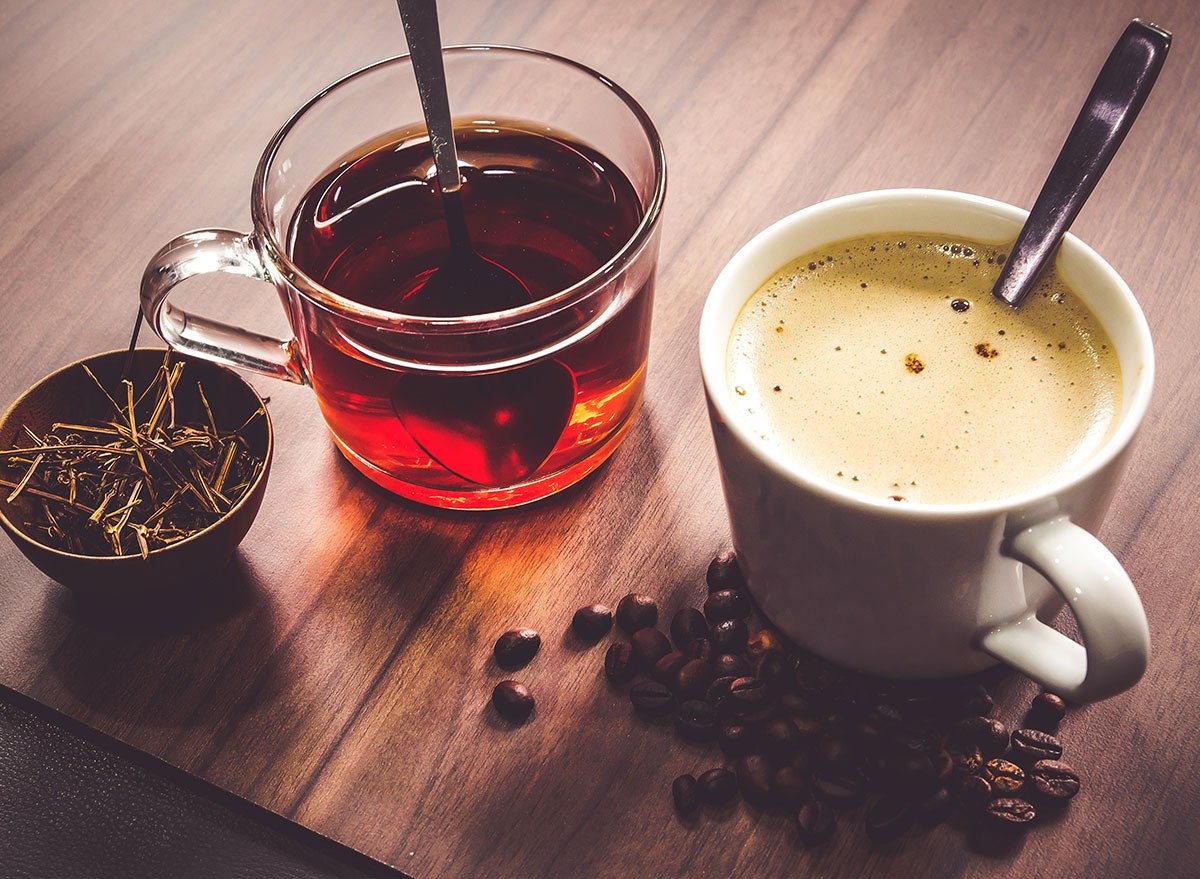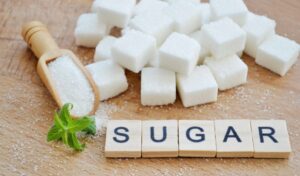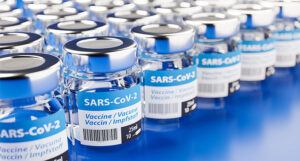HOW MUCH WATER DO I NEED?
The United States National Academy of Medicine recommends about 3.7 liters (3,700 ml) a day for men, and 2.7 liters (2,700 ml) a day for women. However, the amount that each individual needs varies depending on body weight and lifestyle factors.
Drink more water in these circumstances:
- Exercise and sweating
- In hot or humid environments
- Illness (Fever, vomiting or diarrhea causes your body to lose water.)
- Pregnancy or breast-feeding
Other sources of liquid besides plain water also count! For example, your cup of tea or bowl of soup all count towards the total amount you drink. Even so, remember to choose healthy drinks, and to avoid drinks full of empty calories, such as soda.
HOW DO I KNOW IF I AM DRINKING ENOUGH WATER?
Thirst is a poor indication for when you should drink water. If you feel thirsty, you are already dehydrated. Remember to drink water throughout the day, so that you rarely feel thirsty. Instead of measuring the absolute amount of water you drink, just take a look in the toilet bowl. If your urine is colorless or very light in color, then your fluid intake is adequate. If your urine is very dark or has a strong odor, then you are not drinking enough water.
WHAT ARE THE HEALTH BENEFITS OF WATER?
The human body is made up of about 60% water. Every single system in your body depends on water. You need water to deliver nutrients around your body, and to flush out toxins from it, among other things. Without water, your body cannot function well.
The kidneys, in particular, benefit from adequate water intake. Your kidneys need water to perform their function of eliminating toxins from the body. Without enough water, your kidneys do not work properly, resulting in complications such as painful kidney stones, urinary tract infections, and even kidney failure.
Dehydration can affect your digestive system, causing constipation and negatively affecting your metabolism. Dehydration also contributes to heat stroke. In severe cases, dehydration will cause an imbalance in the salts in your body, with serious consequences such as seizures or loss of consciousness.
Drinking enough water can even help you lose weight. Research done in the United States shows that those who drink water before a meal consume about 75 calories less per meal. Over a year, this means that you consume 27,000 fewer calories, which translates to about 3.6 kg of easy weight loss!
WHAT IS THE BEST WAY TO DRINK WATER?
Aim to drink water throughout the day so that you rarely feel thirsty. Drink water before every meal, with every meal, and between meals. Consider keeping a bottle of water on hand all day long to stay hydrated. Many people avoid drinking water before bed so they do not have to wake up during the night to go to the toilet. If this is the case for you, then be sure to drink water when you wake up to rehydrate yourself.
Should you drink hot or cold water? Cooler is better. The International Agency for Research on Cancer (IARC) has reported that drinking very hot beverages—at temperatures of 65 degrees Celsius (149 degrees Fahrenheit) and above—increases the risk of esophageal cancer.
WILL THE CAFFEINE CONTENT IN COFFEE AND TEA HARM MY HEALTH?
The caffeine content in a cup of coffee or tea depends on type, brewing method, and more.
The effects of caffeine vary from one person to another, and everyone has their own limit. Mayo Clinic recommends a caffeine limit of about 400 mg a day, which is about four cups of coffee.
The table below compares the caffeine content of different drinks:
| Drink (237 ml) | Caffeine Content (mg) |
| Brewed coffee | 95-165 |
| Decaffeinated coffee | 2-5 |
| Latte | 63-126 |
| Black tea | 25-48 |
| Green tea | 25-29 |
| Oolong tea | 8-27 |
| Bottled tea | 5-40 |
SHOULD I REUSE TEA BAGS?
To get the most out of your tea, make yourself a fresh cup every time. Researchers in the United States found that some teas did not release significant levels of antioxidants beyond their first brew. By making yourself a fresh cup of tea instead of reusing a tea bag, you are bound to get the most benefit from the antioxidants and phytochemicals in your tea.
WHAT ARE THE HEALTH BENEFITS OF GREEN TEA?
Green tea confers many health benefits.
Weight Management
The catechins in green tea have far-reaching effects in the body to help prevent weight gain and obesity. Research, including a study published in the British Journal of Nutrition, suggests that green tea can have a thermogenic effect, meaning that it can help you burn more calories, and therefore, lose weight! Other studies have corroborated the helpful role of green tea in preventing weight gain and obesity.
Protective Effect Against Cancer
Multiple studies, including a meta-analysis of epidemiological studies, have shown that green tea has a protective effect against many cancers, such as breast cancer, prostate cancer, and colorectal cancer.
Neuroprotective Effects
Green tea contains potent antioxidants and polyphenols. Currently, researchers are interested in its potential to help slow brain aging and protect against degenerative brain diseases. Research published in CNS Neuroscience & Therapeutics suggests that green tea catechins can have neuroprotective effects in a wide variety of neurological diseases, and can decrease the incidence of dementia, Alzheimer’s disease, and Parkinson’s disease.
Helps Fight Infections
Green tea catechins have been shown to have a strong anti-influenza effect. Korean researchers have put forth green tea as a promising antiviral agent, having found that it has a virucidal effect, as well as the ability to inhibit an essential function of the virus—replication.
Reduces Risk of Type 2 Diabetes and Heart Disease
Researchers from Japan found that those who drank green tea were less likely to develop diabetes later in life. In a meta-analysis of seven studies of 286,701 people, researchers found that people who drank more than three to four cups of tea a day had a 20% lower risk of diabetes than people who did not drink tea.
In a study done in Hong Kong, researchers found that green tea helps prevent the oxidation of low-density lipoprotein (LDL) cholesterol (otherwise known as “bad” cholesterol). They concluded, therefore, that green tea may reduce the risk of heart disease. In another study of more than 40,000 people, Japanese researchers found that drinking green tea was associated with reduced mortality due to heart disease.
WHEN I DRINK COFFEE, I FEEL JITTERY. BUT THIS DOES NOT HAPPEN WITH TEA. WHY?
While tea contains caffeine like coffee does, it also contains L-theanine, a compound unique to tea plants. L-theanine can act on neurotransmitters in the brain, increasing the activity of one called gamma-Aminobutyric acid (GABA). GABA has anti-anxiety effects, which is why some people feel relaxed after drinking green tea!
Researchers from Japan found that among participants with higher stress responses, those who had taken L-theanine were less anxious, and their blood pressure rose less dramatically in response to stress. Other researchers investigated the brain waves of human volunteers by measuring their brain electrical impulses, and found that the brain activity of those who had taken L-theanine exhibited more alpha waves, suggesting a state of relaxation. Research published in the Journal of Nutrition shows that caffeine and L-theanine can work together synergistically and promote brain function.
Source: Dr EE Zhang, eLead Global, EExplanations, Water




